2005 - 2006
Religious Life Lecture Series 2005-2006
|
September 21, 2005 |
|
|---|---|
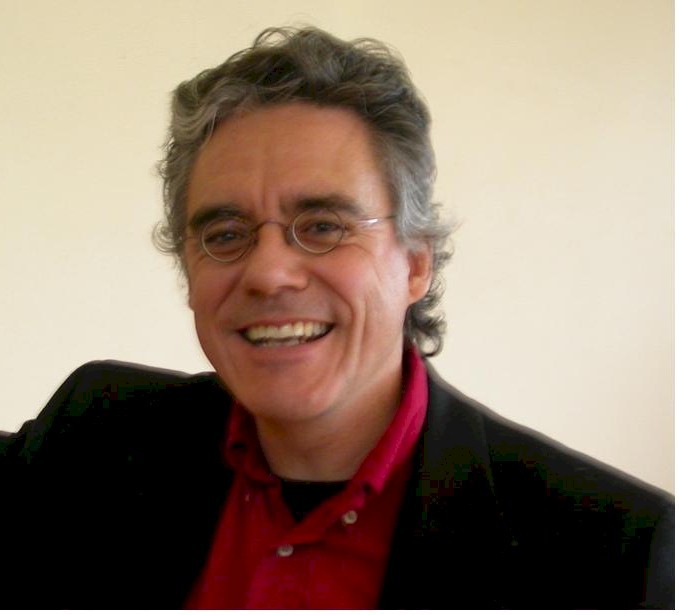 |
Dennis O’Hara, PhD
Theology and Ecology: Hope in an Environment of Peril
Pope John XXIII’s reasons for convening the Second Vatican Council were captured by the simple gesture of opening a window to permit fresh air to enter. This powerful metaphor for renewal might evoke a frequent smog alerts, daily UV indexes, and news of global warming. The great outdoors is not as welcoming nor necessarily symbolic of that which is clean and refreshing. Guadium et Spes offered words of joy and hope, can the Church offer support in the midst of the ecological crisis? How does ecological theology offer a new voice that can contribute to an ecological solution. |
|
October 5, 2005 |
|
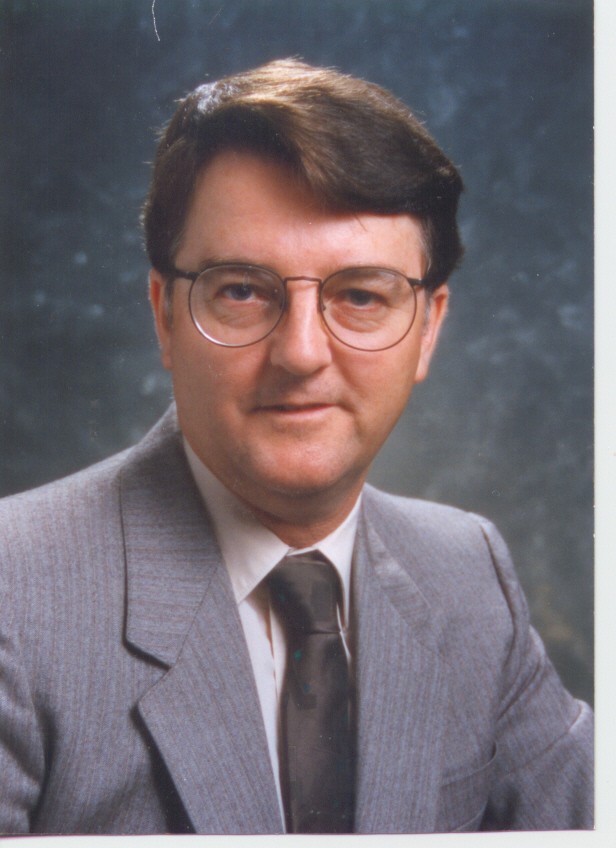 |
Dr. Bonaventure Fagan, D.A.
The Loss of Roman Catholic Constitutional Rights in Education in Newfoundland and Labrador: Key Elements and Lessons for Other Jurisdictions
This lecture will focus on a number of critical aspects of the story of the loss of those constitutional rights and invite audience members to reflect on the situation in their own setting. Sponsored by the London District Catholic School Board |
|
October 19, 2005 |
|
 |
Amelia Gallagher, PhD
The Dangerous Visions of Louis Massignon
The French orientalist Louis Massignon stood at the centre of the field of Islamic studies during the first half of the twentieth century. He was also instrumental in shaping the Church’s new vision of Islam during the Second Vatican Council. Following his own spiritual journey reflective of Islamic mystics he studied, Massignon was both lauded and maligned during his lifetime. Why does he remain a controversial figure today? What is the relevance of his visions to scholarly and religious communities? |
|
November 16, 2005 |
|
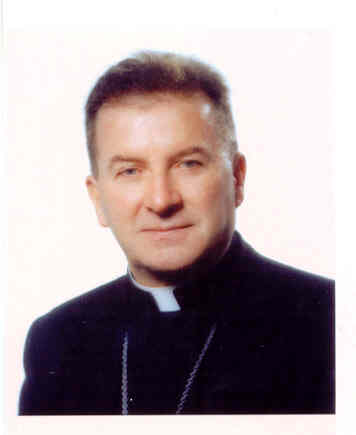 |
His Grace Archbishop Luigi Ventura
Apostolic Nuncio to Canada
Vatican11 Forty Years Later: The fruits of Gaudium et Spes and Nostra Aetate In the year in which we are celebrating the fortieth anniversary of two seminal documents of the Second Vatican Council, Gaudium et Spes, in which the Church sought to explain her calling and activity in the modern world, and Nostra Aetate, which commenced a new era of inter-faith dialogue and outreach in the life of the Church, Archbishop Ventura will share his reflections on the fruits of these two documents in the intervening forty years. Annual Christ the King Lecture
|
|
January 18, 2006 |
|
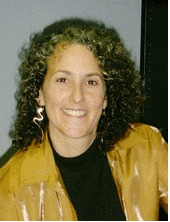 |
Rabbi Elyse M. Goldstein
From Eve to Esther: How a Feminist Reading of the Bible Gives Us Hope.
So many women feel disenfranchised from the sacred text. Blood taboos, the “fall of Eve”, even the manipulations of the matriarchs make us uncomfortable. Yet there is another way to read the familiar and not-so-familiar narratives of the Jewish Bible; a feminist analysis will yield surprising results and can, it will be argued, even “heal” those weary of the patriarchal view. We will explore the rules of Leviticus against the relationships of Genesis, and along the way meet some strong and savvy heroines. Not for women only! Sponsored by the Centre for Catholic-Jewish Learning
|
|
February 1, 2006 |
|
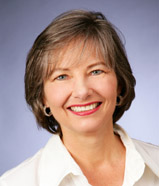 |
The Karen Schuessler Singers
Joy and Hope in Song and Word
This promises to be an evening of pure enjoyment! Concert selections include music from Latin America and Africa as well as music by Brahms, Paul Simon, U2 and much more. Narration by Sister Loretta Manzara, CSJ. |
|
February 22, 2006 |
|
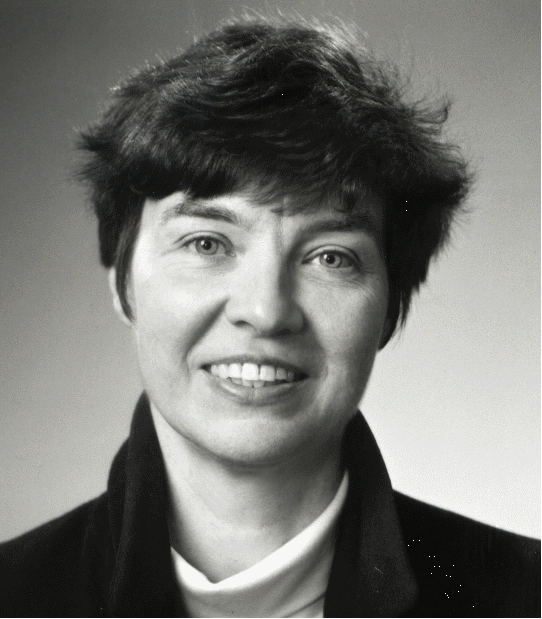 |
Margaret O’Gara, PhD
No Turning Back: Ecumenical Achievements of the Last Pontificate and Ecumenical Challenges for the Present One
The Roman Catholic Church’s commitment to ecumenical dialogue is irreversible. Pope John Paul II said many times, and his pontificate took significant steps in overcoming divisions among Christians. But other challenges remain to be met by the present pontificate. Sponsored by the Sisters of St. Joseph of London
|
|
March 8, 2006 |
|
 |
Rev. Scott Lewis, SJ
Something New Under the Sun: The New Testament Spirituality of Hope and Transformation
The early Christians faced many challenges similar to those of our own time. They lived in a world well acquainted with oppression, war and violence. The Christian response was a spirituality of hope in a world made just and peaceful by the hand of God. The spirituality was the result of their encounter with their presence of God in the person of Jesus and the Spirit. Essential to that spirituality was a transformation of human consciousness and the creation of an alternative society that reflected the values and principles of the new world that was emerging. As a revealed spirituality, it was a new way of life and a redefinition of the human person. This first-century vision of God’s world has much to offer Christians of the 21st century. |
